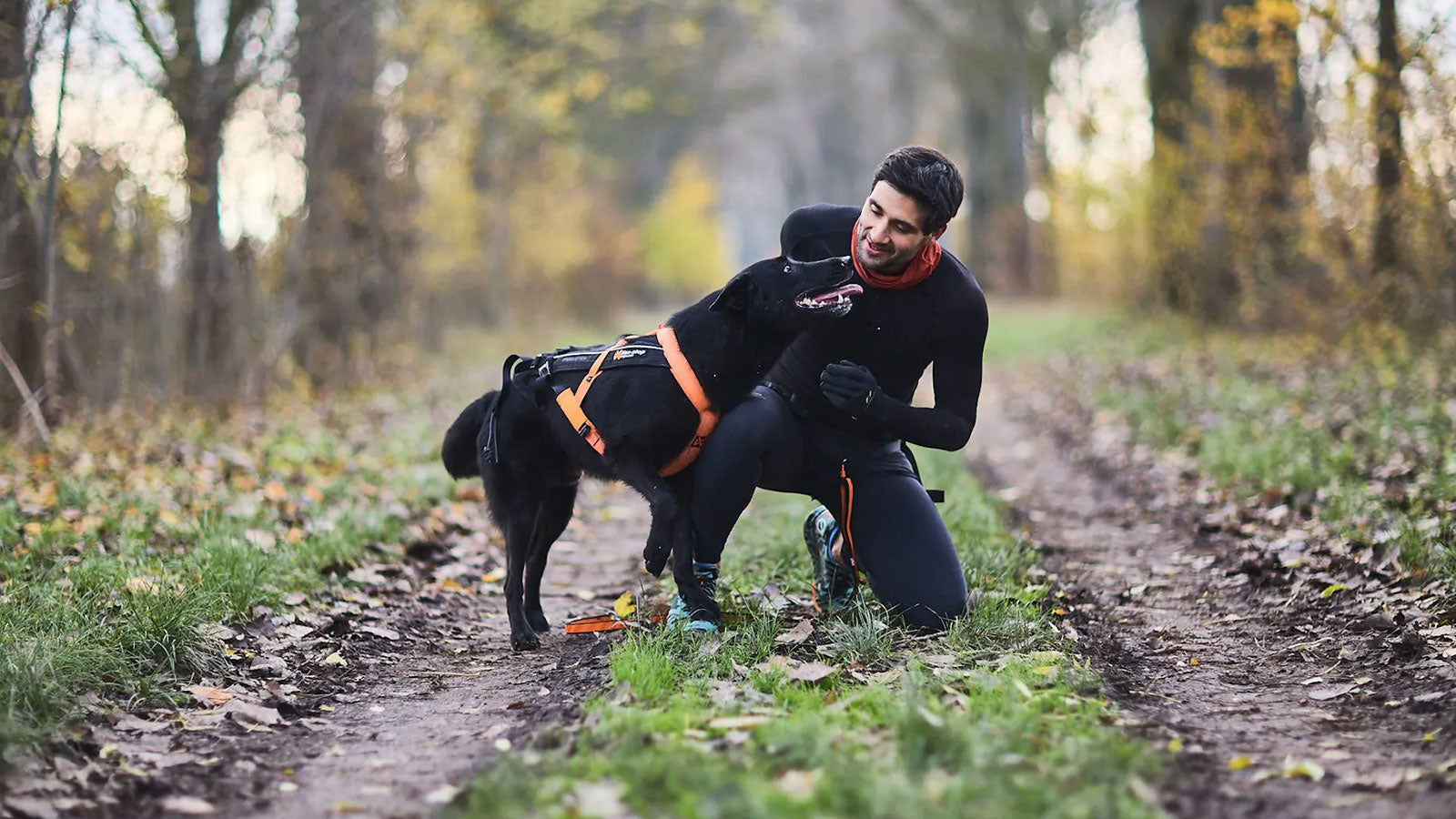Epilepsy is a neurological condition that many dogs suffer from, leading to seizures that can be distressing for both the pet and the owner.
While there are various causes of seizures in dogs, recent discussions have brought attention to the potential link between a dog’s diet and the onset of epileptic episodes. Specifically, certain ingredients found in commercial dog food may be exacerbating or even causing seizures in dogs, particularly those with idiopathic epilepsy.
Conventional Treatments and Their Drawbacks
Traditionally, epilepsy in dogs is managed using medications such as Phenobarbital, Diazepam, and Potassium Bromide. While these drugs can help control seizures, they come with a host of side effects that can negatively impact a dog's quality of life. Side effects can range from lethargy and weight gain to liver damage and behavioral changes. Moreover, finding the correct dosage is a challenging process, as too much medication can be toxic, while too little may not effectively control the seizures.
The Role of Environmental Triggers
Aside from food, various environmental factors can trigger seizures in dogs. These include exposure to certain chemicals, loud noises, bright lights, and even stress. Owners are advised to reduce or eliminate these triggers as much as possible. For instance, using natural cleaning products, avoiding scented candles, and refraining from smoking around the dog can make a significant difference. It's also recommended to avoid chemical flea and tick preventives, as they can affect the dog’s nervous system, potentially leading to seizures.
Dietary Considerations: Foods That May Cause Seizures
One of the critical factors in managing idiopathic epilepsy is a dog’s diet. Certain foods contain high levels of glutamate, an amino acid that, while essential for brain function, can aggravate seizures when present in excess. Grains like wheat, barley, and oats, as well as dairy products from cow’s milk, are particularly high in glutamate. Additionally, foods like soy, peanuts, and certain meats, such as those from grain-fed animals or specific proteins like rabbit and turkey, can increase the likelihood of seizures.
Choosing the Right Diet
To manage epilepsy more effectively, it’s crucial to feed your dog a diet low in glutamate. A fresh, all-natural raw diet consisting of muscle and organ meats, edible bones, eggs, and seasonal vegetables is recommended. Opting for grass-fed meats and avoiding processed foods with preservatives, artificial colors, and other chemicals can further reduce the risk of seizures. Additionally, incorporating foods rich in DHA, Vitamin E, Vitamin B complex, and Vitamin C can provide anti-inflammatory benefits and protect the brain from oxidative stress.
Natural Supplements and Remedies
In addition to a balanced diet, certain natural supplements can support brain health and reduce seizure frequency. For example, CBD oil, derived from organic industrial hemp, has shown promise in reducing the number and severity of seizures. It’s essential to choose high-quality CBD products that are free from solvents and follow the manufacturer’s dosage recommendations. Herbs such as chamomile, skullcap, and valerian can also help by reducing anxiety and stress, which are common triggers for seizures.
Gelatin: A Brain-Protective Food
Gelatin, rich in glycine, is another beneficial food for dogs with epilepsy. Glycine is believed to protect brain tissue from the damage associated with seizures. When feeding gelatin to your dog, it’s important to use unflavored, unsweetened varieties derived from grass-fed animals. This can be sprinkled over the dog’s food or used to make homemade treats.
Conclusion: A Holistic Approach to Managing Canine Epilepsy
While conventional medications have their place in managing epilepsy, they are not without their downsides. A more holistic approach that includes the right diet, environmental management, and natural supplements can offer a safer and potentially more effective way to control seizures in dogs. By paying close attention to what your dog eats and reducing exposure to potential triggers, you can help manage their epilepsy and improve their overall quality of life.






Share:
Bone Broth: The Superfood Your Dog Will Love and Benefit From
A Holistic Approach to Dog Tumors